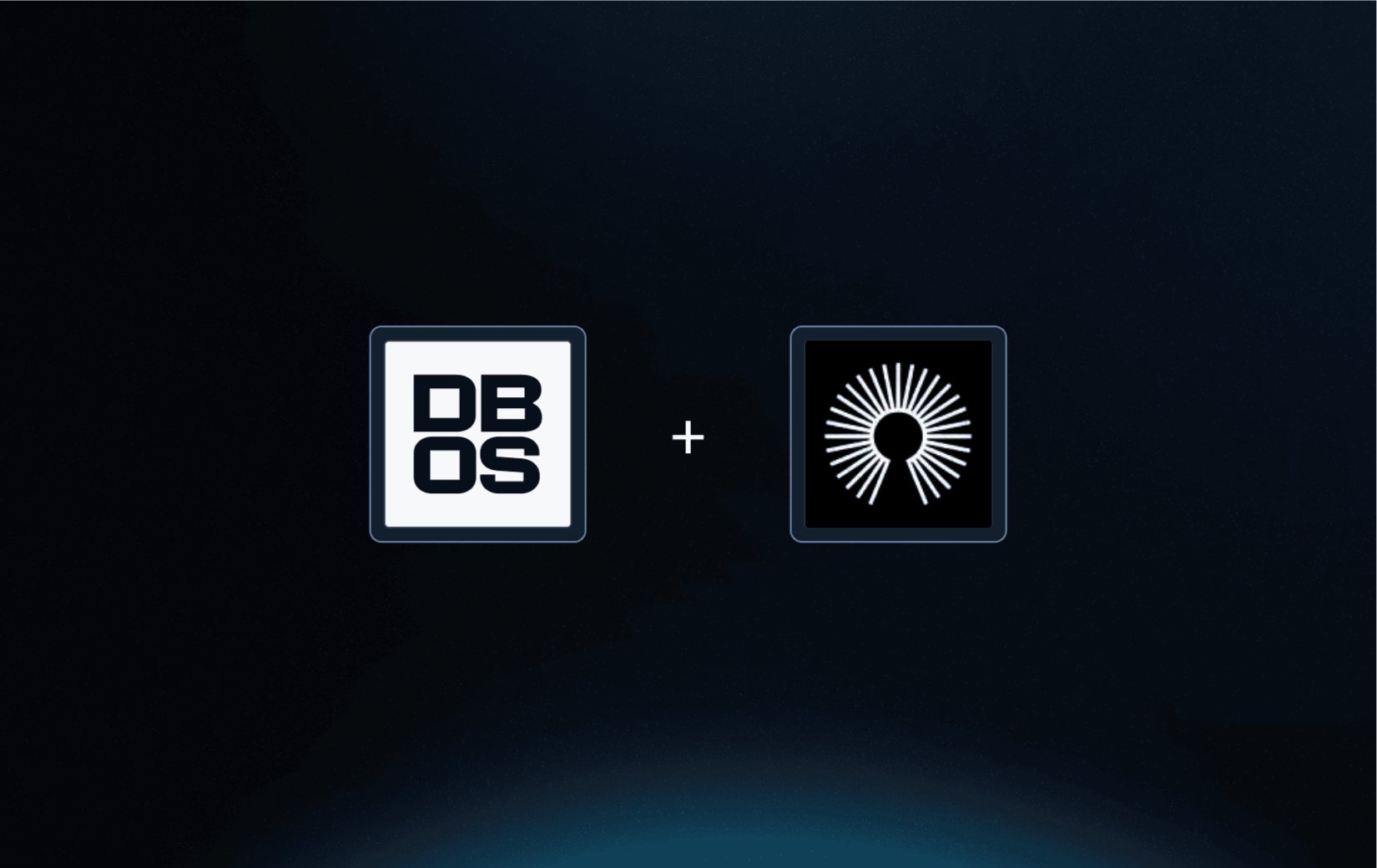

“We looked at Google Workflows, Temporal, Airflow and Celery but DBOS was the one framework that solved many pieces of the puzzle while giving us implementation flexibility.” - Shelby Vanhooser, Engineer
The Ontologize mission is to build exceptional training experiences for some of the world’s most popular enterprise software, including Palantir Foundry, AIP, and Maven.
Ontologize provides instructor-led classes where teams receive hands-on practice with complex enterprise software suites in a variety of pre-constructed scenarios. Ontologize clients include many of the world’s largest brands, including PwC, Conagra, and the US Air Force.
In order to run their training courses, Ontologize needs an automated way to reliably configure and deploy complex enterprise software stacks for students. The workflow involves creating an isolated environment for every student in the class, configuring it to load the class scenario along with the necessary student permissions, run the scenario during the class, and then tear everything down at the end. This pipeline may run thousands of times each day to serve students across the globe, so it must work without interruption or manual intervention.
Because their software deployment pipeline is complex and long-running, Ontologize needs it to be resilient and observable. If a failure occurs while deploying or configuring software, it is critical that they can immediately pinpoint the cause and, if possible, recover the deployment workflow from where it left off.
Ontologize initially looked at dedicated workflow orchestration services such as Temporal and Airflow to manage their software deployment pipeline, but those approaches drastically increased architectural complexity. They had already implemented complex custom pipelines to deploy and configure enterprise software, so it was difficult to adapt them to the rigid requirements of external workflow orchestrators. They sought a solution that seamlessly integrated with their existing backend code.
With DBOS, they could just install the open source DBOS Transact library and annotate workflows and steps in their existing deployment pipeline, without rearchitecting it. Moreover, unlike other workflow systems, DBOS has only a single dependency, Postgres, which Ontologize already used via Supabase.
To manage thousands of enterprise software deployments per day, the Ontologize backend requires:
Critically, DBOS lets Ontologize obtain these features by annotating their existing Python code, so their backend remains pure idiomatic Python. As they onboard new developers and increase the use of AI code agents, this familiarity improves engineering productivity.
Adopting DBOS has been a major success for Ontologize. By automating software deployment pipelines as durable workflows, they were able to dramatically increase the scale of operations and improve developer velocity as they could spend more time improving their core product and less time overseeing software deployment. Using DBOS also helped them avoid the complexity and costs of running an external workflow orchestration server.
Discover why brands are turning to DBOS for reliable and observable programs.
Add a few annotations to your program to make it resilient to any failure.